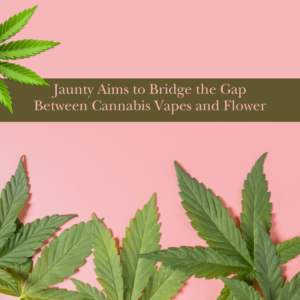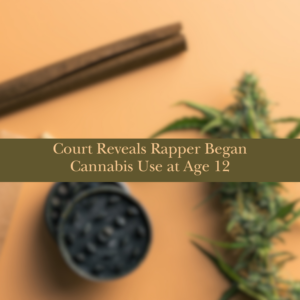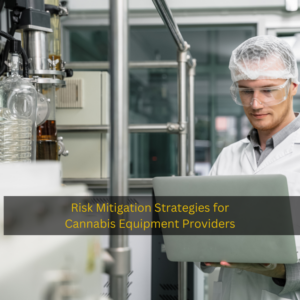California Hemp Conflict Highlights Long-Term Cannabis Issues

The scene at Total Wine & More in Corte Madera, California, epitomizes a broader trend in the cannabis market across the United States. In one corner of the store, gummies infused with 100 milligrams of THC are displayed, while in another, cans of Cantrip root beer with 10 milligrams of hemp-derived THC sit on the shelves. Both products, available at a mainstream retailer and outside the strict state regulations for marijuana products, are legally sold under the 2018 federal Farm Bill.
However, this situation is of particular concern to California Governor Gavin Newsom, who resides nearby with his school-age children. The presence of these intoxicating hemp-derived products in a store so close to his home underscores his urgency in addressing the regulatory gaps in the hemp market.
Governor Newsom’s Regulatory Push
Governor Newsom’s proximity to the issue has fueled his involvement in a last-ditch effort to regulate hemp products through the state Department of Cannabis Control (DCC). While Newsom’s spokesperson, Izzy Gardon, did not directly comment on Newsom’s personal concerns, Gardon emphasized that Newsom is actively exploring ways to close regulatory loopholes, enhance enforcement, and protect children from unsafe hemp and cannabis products.
“They should be subject to reasonable health and safety regulations,” Gardon stated, “just like similar cannabis products.”
Setbacks in Hemp Regulation
The challenge of regulating hemp products has been highlighted by recent legislative events. On August 15, a state Senate committee chose not to advance Assembly Bill 2223 for a hearing. This bill proposed bringing hemp products under the DCC’s regulatory umbrella, subjecting them to the same safety regulations and taxes as cannabis products.
The bill’s rejection has been celebrated by hemp advocates but signals a significant regulatory challenge. The status quo remains, with hemp-based cannabinoids like those found at Total Wine continuing to evade stringent regulation.
The Broader Implications
Ross Gordon, policy director with the Origins Council, pointed out the dual issues presented by the bill. One issue is the sale of hemp products in non-traditional retail locations like gas stations and liquor stores, while the other involves the integration of hemp into the cannabis supply chain.
The Origins Council previously opposed AB 2223, partly because it would have allowed hemp-derived cannabinoids into the state’s marijuana framework, potentially introducing competition for cannabis farmers already facing heavy taxes and declining sales.
Industry Perspectives
On the other hand, the California Cannabis Industry Association (CCIA) supported the bill, viewing it as an opportunity to integrate hemp cannabinoids into the regulated cannabis market. The CCIA believes this integration would enhance consumer access to safe, high-quality products and reduce costs for legal cannabis businesses.
CCIA board President Caren Woodson highlighted that such integration is already a trend in 18 states, including Minnesota and New York, where hemp-derived products are more widely available.
Future Outlook
With over four months remaining in 2024, the possibility of stricter hemp regulations remains. Newsom may incorporate elements of AB 2223 into budget-trailer legislation due at the end of August. Until a comprehensive regulatory framework is established that addresses both marijuana and hemp products, the debate between these sectors is likely to persist.
The current situation, as seen at Total Wine, reflects ongoing dissatisfaction among regulators and industry leaders alike. Gordon from the Origins Council noted that a focused approach on regulating hemp products in retail settings might garner broader support and agreement.
As the fight between hemp and marijuana continues, the industry and regulators must navigate these complex issues to ensure consumer safety and market stability.











